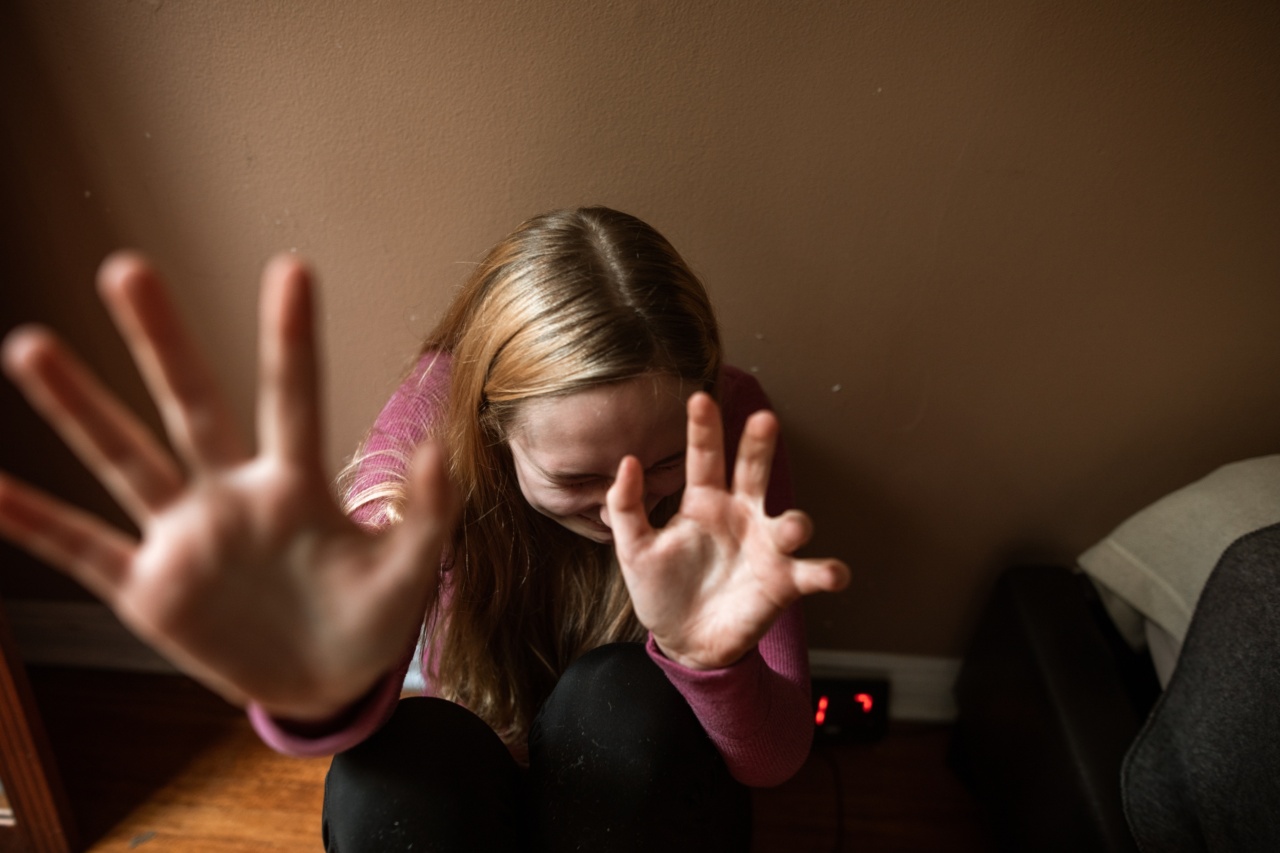Domestic violence is a traumatic experience that many women face every day. When a woman is being abused, it can have a significant impact on her physical and mental well-being.
The impact is not just felt at the time of the abuse but can also linger long after the abuse has stopped. In this article, we will be discussing three common reactions of abused women after experiencing violence.
1. Fear and Anxiety
The most common reaction of an abused woman after experiencing violence is fear and anxiety. When a woman is being abused, she feels powerless and helpless. The fear often continues even after the abuse has stopped.
The trauma of the abuse can cause anxiety and panic attacks, and the woman may feel like she is always on edge and cannot relax.
To cope with these feelings of fear and anxiety, some abused women may develop anxiety disorders or post-traumatic stress disorder (PTSD).
Symptoms of PTSD can include nightmares, flashbacks, and avoidance of situations that may trigger memories of the abuse.
2. Low Self-Esteem
Another common reaction of an abused woman after experiencing violence is low self-esteem. When a woman is being abused, she is often told that she is worthless and unlovable.
This constant criticism can cause a woman’s self-esteem to plummet, and she may start to believe that she is the problem.
Abused women may begin to blame themselves for the abuse they are experiencing. They may feel like they are not good enough or that they are doing something to deserve the abuse.
This low self-esteem can have long-lasting effects on a woman’s mental and emotional health, and may make it more difficult for her to leave an abusive relationship.
3. Isolation and Depression
Finally, another common reaction of an abused woman after experiencing violence is isolation and depression.
Abused women may feel like they cannot talk to anyone about what they are going through, which can cause them to withdraw from their friends and family. They may fear judgment or retaliation from their abuser if they speak out.
This isolation can lead to depression, as the woman feels like no one understands what she is going through, and feels like she is alone.
Depression can cause a woman to lose interest in activities she once enjoyed, and can make it more difficult for her to leave an abusive relationship.
Conclusion
In conclusion, domestic violence is a traumatic experience that can have long-lasting effects on a woman’s physical and mental well-being.
The three common reactions we discussed in this article – fear and anxiety, low self-esteem, and isolation and depression – are just some of the ways that women may respond to abuse. If you or someone you know is experiencing abuse, please seek help. There are resources available to help women leave abusive relationships and heal from the trauma of abuse.





























